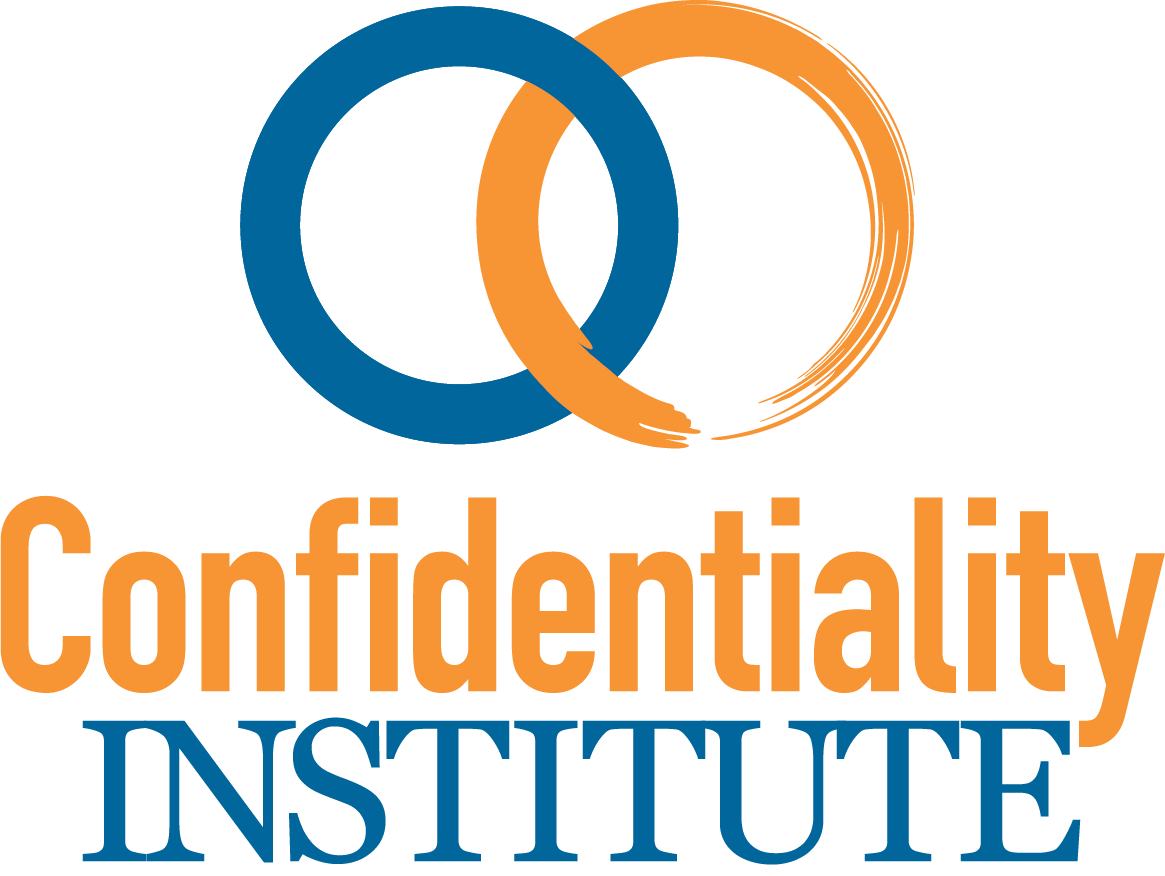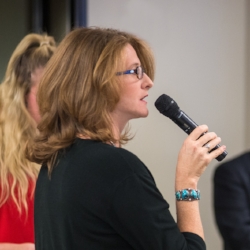Privacy is Key.
When violence survivors reach out for help, they still want control over what happens to their information – whether it is their identity, their location, or the details of their traumatic experience.
A survivor-centered, trauma-informed response to violence respects the autonomy and privacy choices of people who have been harmed by someone else.
Confidentiality is the Law.
Federal law and most states require that victim service providers and healthcare systems protect the privacy of the people they serve.
But the laws can vary - “confidentiality” is a generic term with different legal requirements depending on your profession and your jurisdiction.
Confidentiality Institute can Help.
Anti-violence professionals face enormous challenges in creating effective policies that protect survivor privacy, facilitate productive collaboration, and comply with funder demands & legal requirements.
Confidentiality Institute offers unmatched expertise on a wide range of survivor privacy and organizational practice issues.
Confidentiality Institute will work with your organization or community collaboration to provide customized interactive training, on-call technical assistance, and localized toolkits to promote best practices.
Upcoming events
Confidentiality Institute events (pictured above) are interactive, entertaining, and hands on - even when we have to be remote! Photo by Mariah Karson.
Digital Written Releases for VAWA Grantees
National Network to End Domestic Violence March 15, 2022 at 2 p.m. EST Webinar Contact NNEDV Safety Net for more information
Confidentiality Issues for Legal Assistance to Victims Grantees
Kansas Coalition Against Sexual and Domestic Violence
May 6, 2022 at TBD Webinar Kansas Attorneys - Contact KCSDV for more information
Confidentiality Institute & NNEDV release updated Summary of U.S. State & Territorial Laws on Advocate Confidentiality & Privilege What’s new where you live & work?
Institute News & Confidentiality Developments
Confidentiality & COVID-19 PANDEMIC
Confidentiality Institute is working closely with long-time partners at National Network to End Domestic Violence and ABA Commission on Domestic & Sexual Violence to create resources about the unique confidentiality questions triggered by the COVID-19 pandemic and local shelter-in-place requirements. Please take a look at the materials at www.techsafety.org which are being constantly updated as new questions arise and we formulate answers and guidance. If your questions are not answered there, you can reach out using our contact form to request assistance and information.
For lawyers trying to figure out how to work safely with violence survivors when none of you can leave your home, we’ll be providing a webinar through the ABA at 3 p.m. Eastern on April 3, 2020. Stay tuned for a registration link.
Make an Informed choice about ZOOM and confidential communication
In these new times, we are all hungry for the social interaction we used to get in face-to-face meetings. So, many are turning to videoconferencing apps as a solution to temporarily replace in person interaction. Zoom is undoubtedly the most well-known platform for videoconferencing, and we’ve probably all experienced how user-friendly it is. But is it a good fit for private, confidential conversations about sensitive topics? That’s a trickier question to answer. Check out these two articles about Zoom and its downsides for private communications: one from Forbes magazine running through the Zoom features and default practices that make it a potential privacy risk, and one from NBC News about how trolls are misusing Zoom’s features to interfere with on-line videoconferences.
So what to do? 1) Adjust any videoconference settings to give you, the host, the most control possible over how the meeting runs and whether information is collected, 2) Offer survivors choices about how to connect with you, 3) Tell survivors the downside of any platform they suggest using before using it, 4) Make thoughtful choices about what should be discussed in which settings.
To take a deeper look at these issues and learn about privacy features in videoconferencing products, go to NNEDV’s Safety Net Digital Services Toolkit.
Digital “Written consent”
Federally funded victim service providers cannot share identifying information about the people they work with without “written consent”. It has long been assumed that means a face-to-face meeting between advocate and survivor where survivor hand signs a document in front of the advocate. That process has always posed logistical questions for survivors in rural areas working with advocates that are physically far away, and for survivors with physical limitations that prevent them from “hand signing” a document. Now, everyone is worrying about how document survivor consent to share information when all services have gone remote.
To help programs determine how they can appropriately document written consent using technology, NNEDV and Confidentiality Institute have put together detailed guidance, which can be found at the techsafety.org website here
Remember, this guidance addresses the issue of consent under federal VAWA/FVPSA/VOCA funding requirements. Programs still need to pay attention to the rules under local law, which may or may not support using technology to record written consent. If you are not sure what the local law is for victim service providers, you can check this Summary of U.S. State & Territorial Laws on Advocate Confidentiality & Privilege

